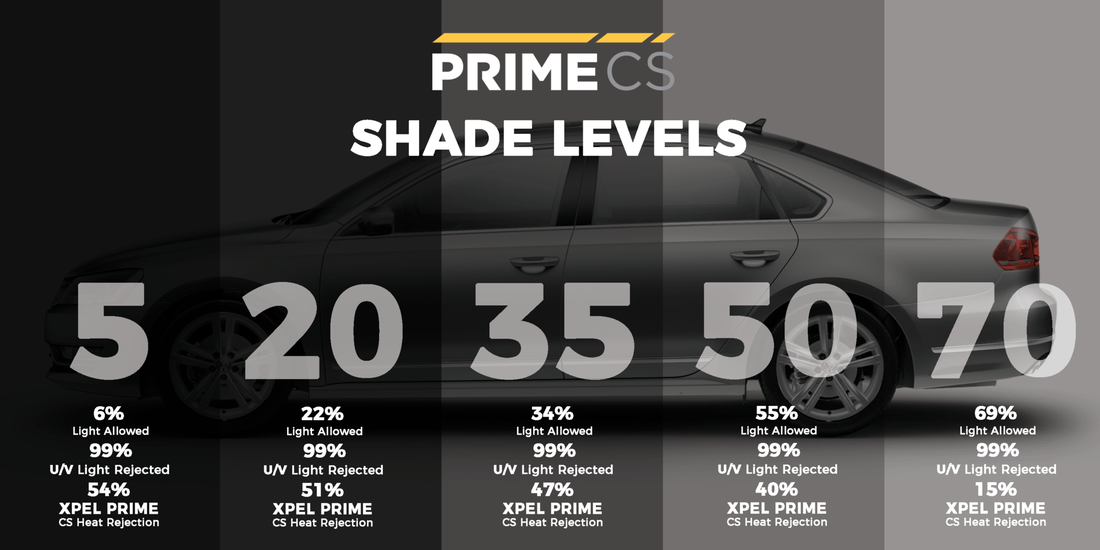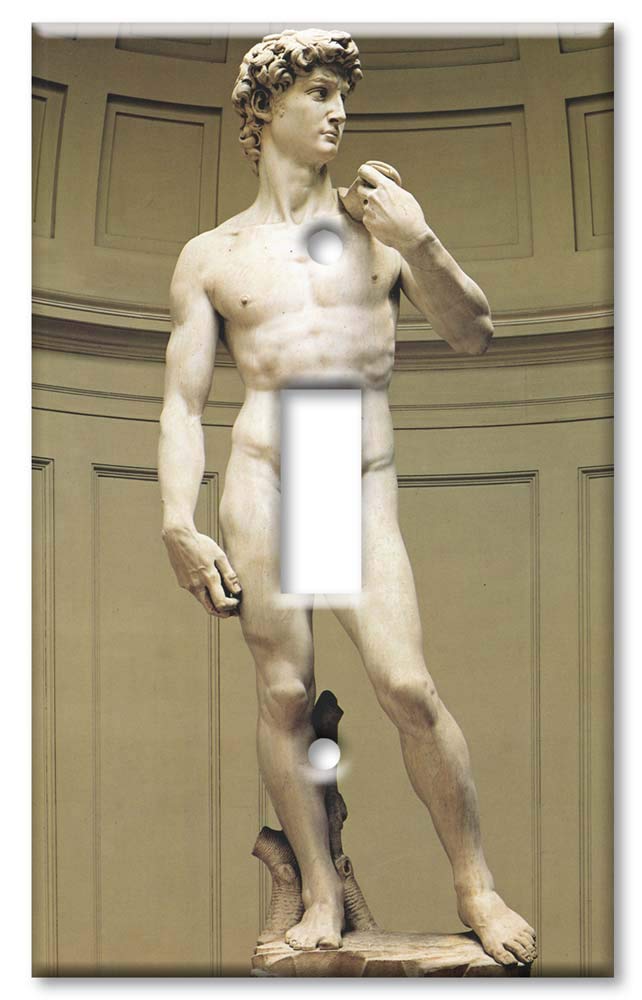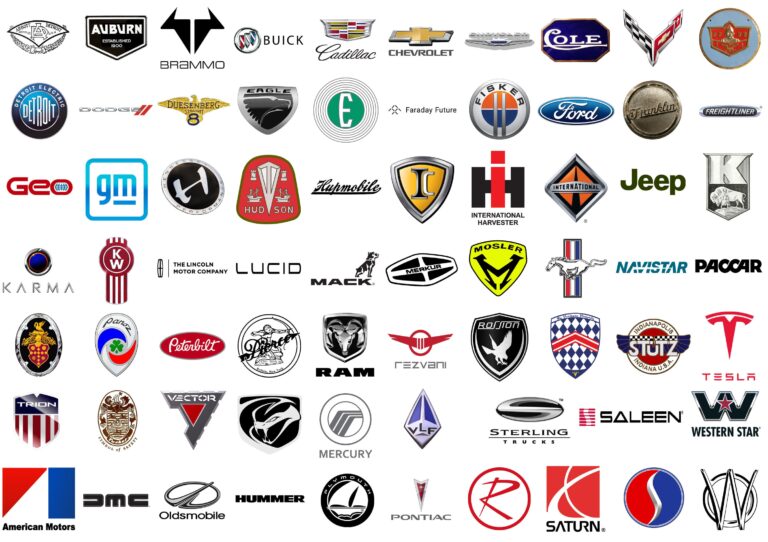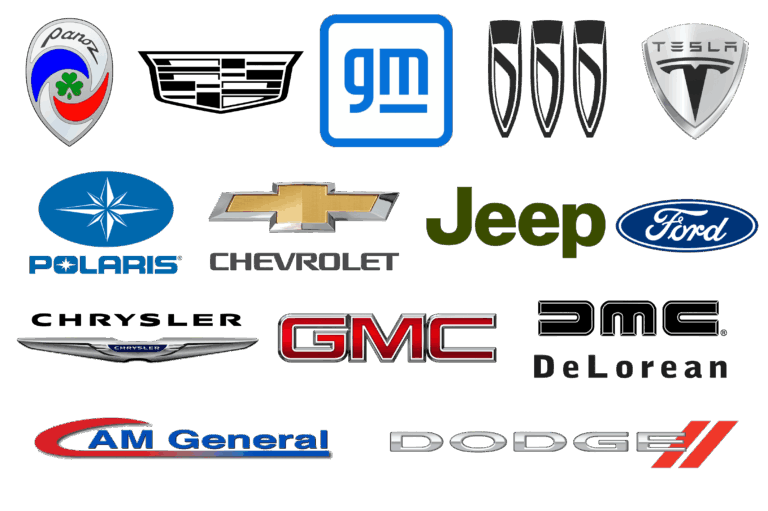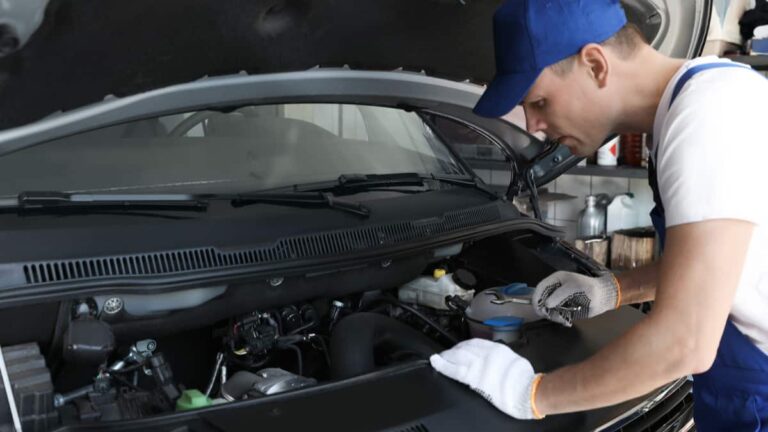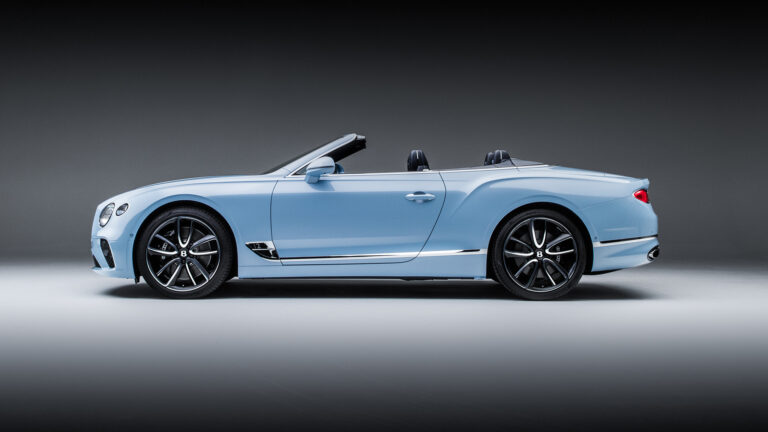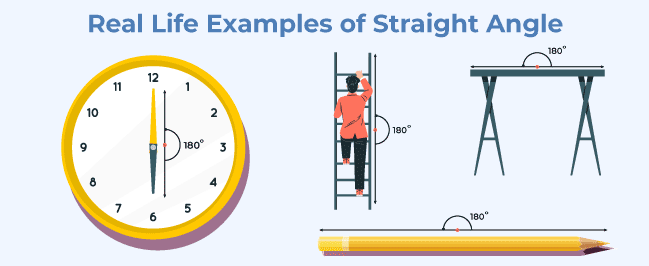Best Car Tint Brands: A Comprehensive Guide to Enhancing Your Ride
Best Car Tint Brands: A Comprehensive Guide to Enhancing Your Ride cars.truckstrend.com
Car tint is more than just a cosmetic upgrade; it’s a practical investment that significantly enhances comfort, privacy, and protection for you and your vehicle. From blocking harmful UV rays and reducing heat buildup to safeguarding your privacy and improving your car’s aesthetic appeal, the benefits are numerous. However, the effectiveness and longevity of car tint largely depend on one crucial factor: the brand. Choosing a reputable and high-quality car tint brand ensures you receive a product that lives up to its promises, backed by solid warranties and advanced technology.
This comprehensive guide will delve deep into the world of car tint, exploring the different types of films, the benefits of choosing a top brand, and a detailed look at the leading names in the industry. We’ll also cover essential factors to consider before making your decision, offer practical advice, and address common questions to help you make an informed choice for your vehicle.
Best Car Tint Brands: A Comprehensive Guide to Enhancing Your Ride
Understanding Car Tint Films: Types and Technologies
Before diving into specific brands, it’s essential to understand the different types of car tint films available on the market. Each type offers distinct characteristics in terms of performance, durability, and cost.
-
Dyed Tint: This is the most basic and affordable type of window tint. It uses a layer of dye to absorb solar heat and provide privacy.
- Pros: Inexpensive, provides good privacy, reduces glare.
- Cons: Tends to fade over time (often turning purple), offers minimal heat rejection, less durable.
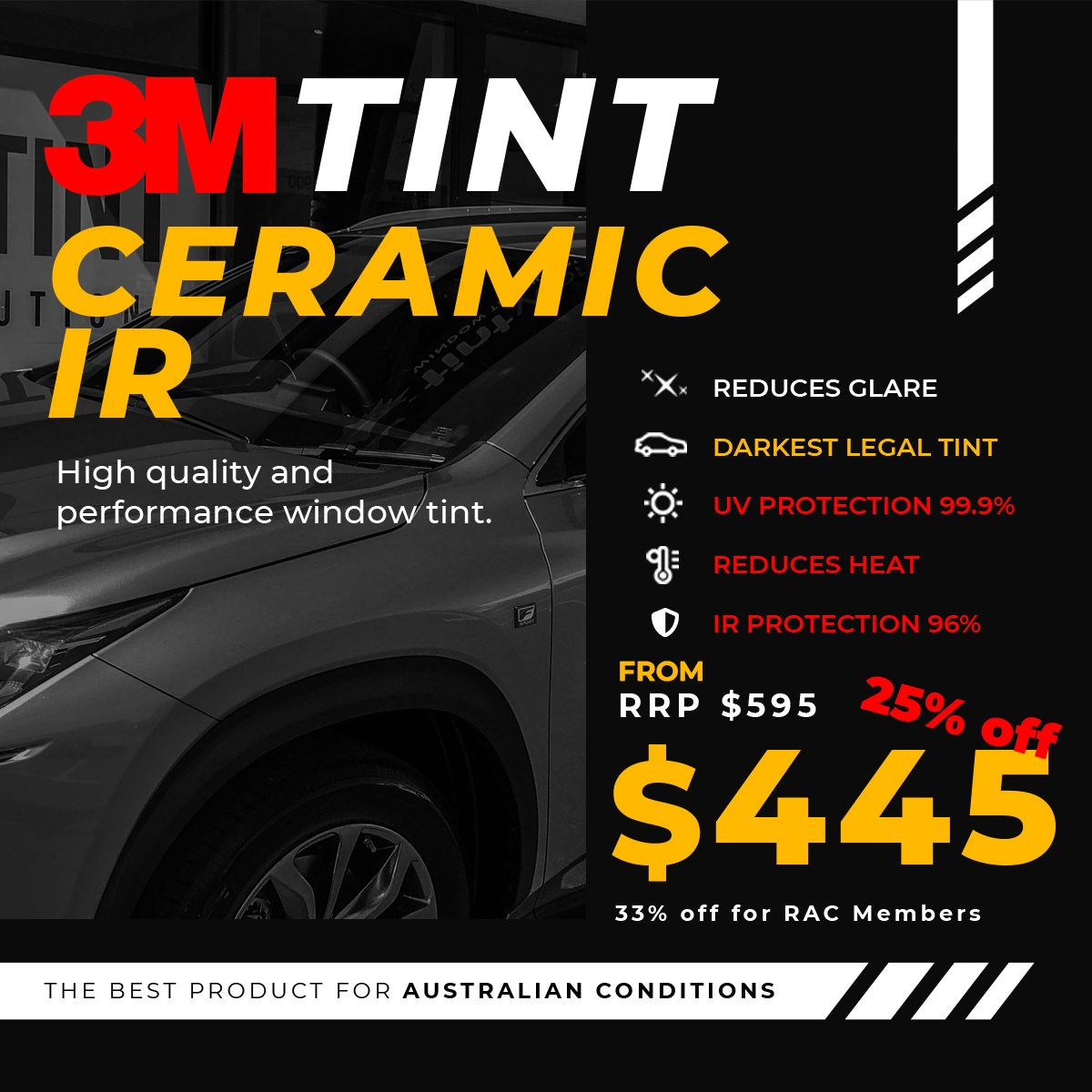
-
Metalized Tint: These films incorporate tiny metallic particles to reflect solar heat and UV rays.
- Pros: Excellent heat rejection, good scratch resistance, durable.
- Cons: Can interfere with electronic signals (GPS, radio, cell phones) due to the metallic content, can have a slightly reflective appearance.


Carbon Tint: Made with carbon particles, these films offer a matte finish and do not interfere with electronic signals.
- Pros: Good heat rejection, excellent UV protection, no signal interference, stable color (won’t fade to purple), durable.
- Cons: Slightly more expensive than dyed or basic metalized films.
-
Ceramic Tint: Considered the premium option, ceramic films contain microscopic ceramic particles that are non-conductive and non-metallic. They are engineered to block a significant amount of infrared (IR) heat and UV radiation without interfering with electronics.
- Pros: Superior heat rejection (high TSER – Total Solar Energy Rejected), excellent UV protection, exceptional clarity, no signal interference, highly durable, maintains original color.
- Cons: Most expensive option.
-
Crystalline Tint: A specialized type of ceramic tint, often almost clear, designed for maximum heat and UV rejection where a dark appearance isn’t desired or legal. It’s ideal for windshields.
- Pros: Unmatched heat and UV rejection with minimal visual impact, perfect for front windshields or light tint laws.
- Cons: Very expensive, typically less privacy.
Key Metrics to Consider:
- VLT (Visible Light Transmission): The percentage of visible light that passes through the tint. Lower VLT means darker tint.
- TSER (Total Solar Energy Rejected): The total percentage of solar energy (UV, visible light, infrared) rejected by the film. Higher TSER means better heat rejection.
- UV Rejection: The percentage of harmful ultraviolet rays blocked. Look for 99% or higher.
- Glare Reduction: How much the film reduces blinding glare from sunlight or headlights.
Why Choose a Reputable Car Tint Brand?
Investing in a top-tier car tint brand goes beyond just getting a dark window. It’s about ensuring long-term performance, durability, and peace of mind. Here’s why brand reputation matters:
- Consistent Performance: Reputable brands rigorously test their films to ensure they consistently deliver advertised TSER, UV rejection, and VLT ratings. Cheap films often fall short of their claims.
- Durability and Longevity: Quality films are designed to resist bubbling, peeling, cracking, and fading. They use advanced adhesives and scratch-resistant coatings that extend the life of your tint for many years.
- Warranty Protection: Leading brands stand behind their products with comprehensive, often lifetime, warranties against defects, fading, bubbling, and peeling. This provides crucial protection for your investment.
- Advanced Technology: Top brands invest heavily in research and development, leading to innovations like multi-layer ceramic technology, improved adhesives, and enhanced clarity.
- Compliance and Legality: While the installer is responsible for adhering to local VLT laws, quality brands ensure their films are manufactured to precise VLT specifications, making it easier for installers to comply.
- Aesthetics: Premium films offer superior optical clarity, preventing the hazy or distorted look sometimes associated with lower-quality tints.
Top Car Tint Brands: In-Depth Review
When it comes to selecting the best car tint, several brands consistently rise to the top, known for their innovation, quality, and comprehensive product lines.
-
3M Window Film:
- Reputation: A global conglomerate known for innovation across various industries, 3M is a pioneer in window film technology.
- Key Films:
- Crystalline Series: Arguably the industry leader for heat rejection with minimal darkness. It’s multi-layered and non-metalized, offering incredible TSER (up to 60%) and 99.9% UV rejection. Ideal for those who want performance without the dark look, especially for windshields.
- Ceramic IR Series: A high-performance ceramic film offering excellent heat rejection (up to 59% TSER) and 99% UV rejection. It’s non-metalized, ensuring no signal interference.
- Color Stable Series: A carbon-based film that uses a unique nano-carbon polyester, providing stable color that never turns purple, good heat rejection, and 99% UV protection.
- Strengths: Unrivaled innovation, excellent clarity, superior heat rejection in premium lines, strong warranty.
- Price Point: High-end (especially Crystalline and Ceramic IR), mid-range for Color Stable.
-
Llumar (Eastman Chemical Company):
- Reputation: Part of Eastman Chemical, a world leader in advanced materials, Llumar is one of the most respected and widely used window film brands globally. They also own Suntek.
- Key Films (under FormulaOne and Llumar):
- FormulaOne Stratos: Top-tier ceramic film known for exceptional heat rejection (up to 63% TSER), clarity, and UV protection. It’s multi-layered and non-metalized.
- FormulaOne Pinnacle: Another premium ceramic film, offering excellent heat rejection (up to 50% TSER) and 99% UV protection, with great optical clarity.
- CTX Series: A popular ceramic film offering a good balance of heat rejection, UV protection, and value.
- ATR Series: A hybrid metalized film, offering strong heat rejection at a more accessible price point.
- Strengths: Wide range of options, exceptional clarity, strong heat rejection, extensive dealer network, comprehensive warranty.
- Price Point: Mid to High-end.
-
Xpel Window Film:
- Reputation: While primarily known for its paint protection film (PPF), Xpel has rapidly gained a reputation for its high-performance window tints, particularly their ceramic lines.
- Key Films:
- Prime XR Plus: Their flagship ceramic film, boasting incredibly high TSER (up to 68%) and 99.9% UV rejection. It’s non-metalized and offers superior heat rejection and optical clarity.
- Prime XR: A premium ceramic film with excellent heat rejection (up to 60% TSER) and 99% UV protection.
- Strengths: Cutting-edge ceramic technology, superior heat rejection, excellent clarity, strong brand recognition, comprehensive warranty.
- Price Point: High-end.
-
Huper Optik:
- Reputation: A German brand known for pioneering multi-layer ceramic technology. They focus heavily on advanced, high-performance films.
- Key Films:
- Ceramic Series: Utilizes nano-ceramic technology with multiple layers to block a significant amount of heat and UV rays without affecting electronics. Known for its low reflectivity and natural appearance.
- Select Series: A high-performance series offering exceptional heat rejection and clarity.
- Strengths: German engineering, patented multi-layer ceramic technology, high TSER, excellent durability, low reflectivity.
- Price Point: High-end.
-
Suntek Window Film (Eastman Chemical Company):
- Reputation: Another brand under the Eastman Chemical umbrella, Suntek offers a range of high-quality films that often provide excellent value.
- Key Films:
- Evolve Series: Suntek’s top-tier ceramic film, offering excellent heat rejection (up to 66% TSER) and 99% UV protection.
- CIR Series: A popular ceramic film known for its color stability, good heat rejection (up to 55% TSER), and non-metalized construction.
- CXP Series: A carbon-based film offering good heat rejection and color stability.
- Strengths: Strong performance for the price, good clarity, color stability, wide range of options, reliable warranty.
- Price Point: Mid-range to Mid-High.
-
Geoshield Window Film:
- Reputation: A newer but rapidly growing brand gaining traction for its high-performance ceramic films at competitive prices.
- Key Films:
- PRONANO Ceramic Series: Their flagship ceramic film, offering strong heat rejection (up to 60% TSER) and 99% UV protection.
- C2 Carbon Series: A good quality carbon film providing stable color and decent heat rejection.
- Strengths: Excellent performance-to-price ratio, good heat rejection, non-metalized options, good warranty.
- Price Point: Mid-range.
-
Global Window Films:
- Reputation: A more budget-friendly option often found at general tint shops.
- Key Films: Offers a range of dyed and hybrid films.
- Strengths: Affordable, basic privacy and UV protection.
- Price Point: Low-range.
- Considerations: While a decent entry-level option, don’t expect the same level of heat rejection or longevity as premium ceramic or carbon films.
Factors to Consider When Choosing Car Tint
Beyond the brand itself, several practical factors should influence your decision:
- Your Climate: If you live in a hot, sunny region, investing in a high-TSER ceramic film is highly recommended for maximum heat rejection.
- Your Budget: Tint prices vary significantly. Determine what you’re willing to spend, but remember that quality often pays for itself in longevity and performance.
- Local Laws and Regulations: VLT laws vary by state, province, or country. Research your local laws to avoid fines and ensure your tint is legal. Most jurisdictions have different VLT limits for front side windows, rear side windows, and the rear windshield.
- Desired Benefits: Are you primarily seeking privacy, heat reduction, UV protection, glare reduction, or a combination? Your priorities will guide your film choice.
- Warranty: Always inquire about the warranty. A lifetime warranty against bubbling, peeling, and fading from a reputable brand is a strong indicator of quality.
- Installer Reputation: Even the best film can look terrible if installed poorly. Choose a reputable, experienced installer with a strong portfolio and positive customer reviews. Ask if they are certified by the film manufacturer.
Practical Advice and Actionable Insights
- Do Your Research: Don’t just pick the cheapest option. Understand the different film types and their benefits.
- Know Your Laws: Before you even look at film options, find out your local VLT limits.
- Prioritize Heat Rejection: For comfort, TSER is arguably more important than darkness. A lighter ceramic tint can outperform a very dark dyed tint in heat rejection.
- Invest in the Front Windshield (Legally): If your local laws allow for clear or very light tint on the windshield (e.g., 70-90% VLT), consider a high-performance crystalline or light ceramic film. This is where most solar heat enters the car.
- Get Quotes from Multiple Installers: Compare not just prices, but also the specific film series offered and the installer’s experience and warranty on labor.
- Ask for Samples: Most professional shops will have samples of different VLTs and film types you can view against natural light.
- Understand the Curing Process: After installation, tint needs time to dry and cure. Avoid rolling down windows for 3-5 days and be gentle with cleaning for a few weeks.
- Clean Properly: Use ammonia-free glass cleaner and a soft microfiber cloth to clean tinted windows. Ammonia can damage the tint over time.
Potential Challenges and Solutions
- Bubbling or Peeling: Often caused by poor installation or low-quality film.
- Solution: Re-tinting by a professional using a reputable brand.
- Purple Fading: A common issue with cheap dyed films.
- Solution: Upgrade to a carbon or ceramic film that uses stable dyes or materials.
- Signal Interference: Occurs with metalized films.
- Solution: Choose a carbon or ceramic film (non-metalized).
- Scratching: Can happen with any film if not careful, but cheaper films are more prone.
- Solution: Opt for films with durable, scratch-resistant coatings. Avoid abrasive cleaners or tools.
Car Tint Brands: Estimated Price Range Table
This table provides a general estimated price range for a full car (excluding windshield, unless specified, as it’s often an add-on) for a standard sedan in the U.S. Prices can vary significantly based on vehicle size (SUVs, trucks have more glass), specific film VLT, installer’s location and reputation, and current promotions. These are estimates and should be used as a guide.
| Brand Name | Popular Film Series | Film Type(s) | Key Features | Estimated Price Range (Sedan, Full Car) | Warranty |
|---|---|---|---|---|---|
| 3M | Crystalline, Ceramic IR, Color Stable | Ceramic, Multi-Layer Ceramic, Nano-Carbon | Superior heat rejection, UV block, optical clarity, non-metalized | $400 – $1000+ (Crystalline highest) | Limited Lifetime |
| Llumar | FormulaOne (Pinnacle, Stratos), CTX, ATR | Ceramic, Carbon, Metalized | Excellent clarity, high TSER, durable, wide range | $350 – $900+ | Limited Lifetime |
| Xpel | Prime XR, Prime XR Plus | Ceramic | Cutting-edge ceramic, highest TSER, clear, durable | $450 – $1100+ | Limited Lifetime |
| Huper Optik | Ceramic Series, Select Series | Multi-Layer Ceramic | German engineering, superior TSER, low reflectivity | $500 – $1200+ | Limited Lifetime |
| Suntek | Evolve, CIR, CXP | Ceramic, Carbon | Good value, strong performance, color stability | $300 – $800+ | Limited Lifetime |
| Geoshield | PRONANO, C2 | Ceramic, Carbon | Affordable premium, good TSER, non-metalized | $300 – $700+ | Limited Lifetime |
| Global | QDP, HP | Dyed, Hybrid (Dyed/Metalized) | Budget-friendly, basic UV/heat, privacy | $150 – $400+ | Limited (5-10 years) |
Note: "Limited Lifetime" warranties typically cover bubbling, peeling, cracking, and delamination for the original owner as long as they own the vehicle. They usually don’t cover scratches from user error.
Frequently Asked Questions (FAQ)
Q1: What is VLT, and how dark can I go?
A1: VLT stands for Visible Light Transmission, the percentage of visible light allowed through the film. Lower VLT means darker tint. The legal VLT limit varies by state/country and often by window (front vs. rear). Always check your local laws.
Q2: Will car tint interfere with my GPS, radio, or cell phone signals?
A2: Metalized tints can potentially interfere with electronic signals. Ceramic and carbon tints are non-metalized and will not cause signal interference.
Q3: How long does car tint typically last?
A3: The lifespan depends on the film type, quality, and proper installation. High-quality ceramic or carbon tints from reputable brands can last 10-15 years or even the lifetime of the vehicle (with a lifetime warranty). Cheaper dyed films may start fading or bubbling in 2-5 years.
Q4: Can I install car tint myself to save money?
A4: While DIY kits are available, achieving a professional, bubble-free, and long-lasting tint job is extremely difficult. It requires specialized tools, a clean environment, and expertise. For the best results and warranty coverage, professional installation is highly recommended.
Q5: How do I clean my tinted windows?
A5: Always use an ammonia-free glass cleaner and a soft microfiber cloth. Ammonia can react with the tint’s adhesive and cause bubbling or discoloration over time.
Q6: What’s the main difference between ceramic and carbon tint?
A6: Both are non-metalized and won’t interfere with signals. Carbon tint uses carbon particles for good heat rejection and color stability. Ceramic tint uses microscopic ceramic particles, offering superior heat rejection (especially infrared heat) and optical clarity compared to carbon, but at a higher cost.
Q7: What if my tint starts bubbling or peeling?
A7: This is usually a sign of poor installation, low-quality film, or the film reaching the end of its lifespan. If it’s a quality film and within the warranty period, contact your installer. Otherwise, you’ll need to have the old tint removed and new tint installed by a professional.
Concluding Summary
Choosing the best car tint brand is a pivotal decision that impacts not only the aesthetics of your vehicle but also your comfort, safety, and the longevity of the tint itself. While the initial cost of premium films from brands like 3M, Llumar, Xpel, Huper Optik, or Suntek may be higher, the benefits in terms of superior heat rejection, UV protection, optical clarity, and comprehensive warranties far outweigh the savings from cheaper, inferior alternatives.
Remember to balance your budget with your desired benefits, always prioritize compliance with local tint laws, and, most importantly, select a reputable installer. By making an informed choice, your car tint will serve as a valuable investment, providing years of enhanced driving comfort, privacy, and protection on the road.
